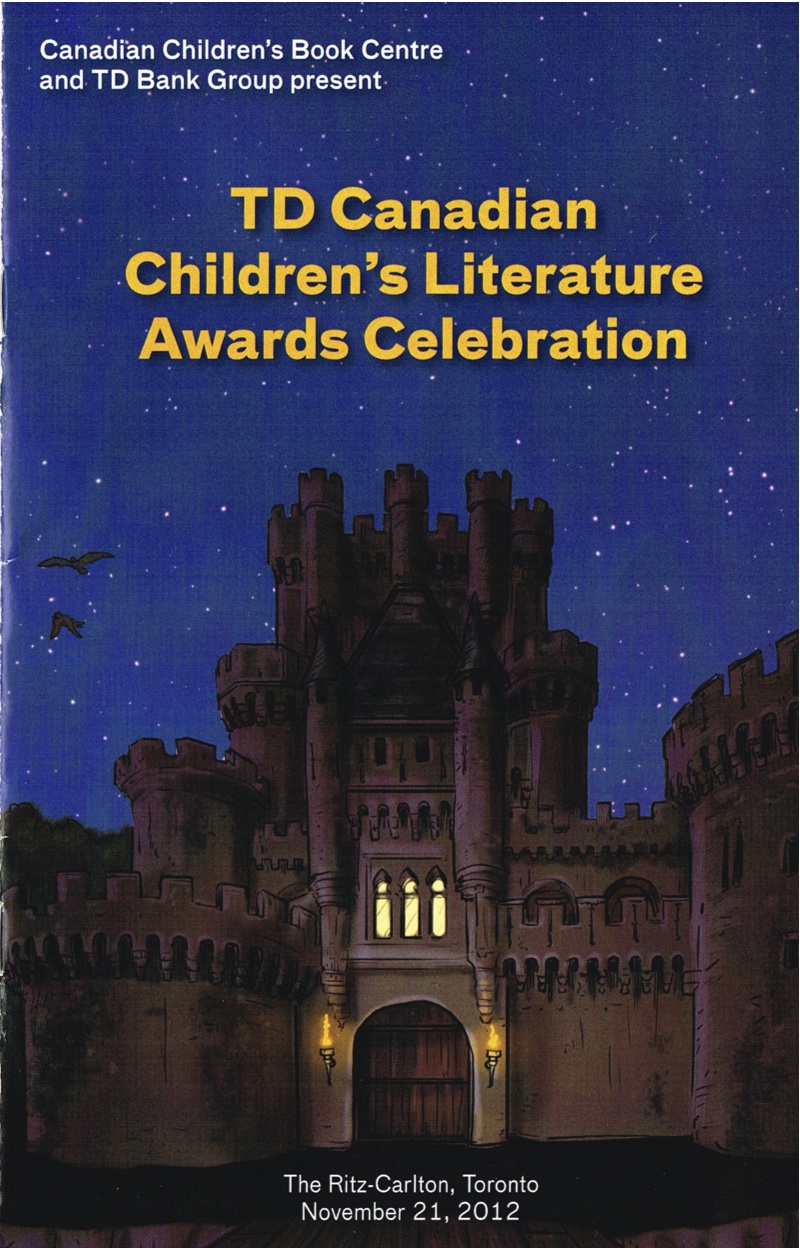by Andrea Beck
North Winds Press (Scholastic Canada)
978-1-4431-0782-2
32 pp.
978-1-4431-0782-2
32 pp.
Ages 3-7
2012
Goodnight, Canada follows a young boy's nightly ritual of adieus from coast to coast to coast, as he looks out his window at his country and wonders who else is going to bed. Providing a double-page spread of provincial or territorial features for each Canadian region, Andrea Beck's whimsical illustrations show children in beds, in a boat, on a flower pot rock formation, in a sled, in a plane, and even embedded in an inuksuk. And they're all comforted by playful bears, cats, dogs, birds, and even moose reminiscent of Andrea Beck's Elliot Moose series.
While many may see Goodnight, Canada as our own version of Margaret Wise Brown's Goodnight Moon, I believe Andrea Beck's newest picture book is more of a compendium of all things Canadian. From our different landscapes (like the farm patchwork quilt on the P.E.I. child's bed), provincial and territorial birds, flowers, flags, and landmarks (like the CN Tower in Ontario) to iconic celebrations (e.g., the Calgary Stampede) and wonders (e.g., aurora borealis), Goodnight, Canada allows every child to see him- or herself and enjoy wondering about other children around our country.
It's unusual to find a sweet, rhyming picture book that can also work as an information book, here about Canada, but you can consider Goodnight, Canada an exemplar of one. And consider this book as a perfect gift for a Canadian child in your life with whom you can curl up beside at bedtime to travel across our grand country in only 32 pages.







































